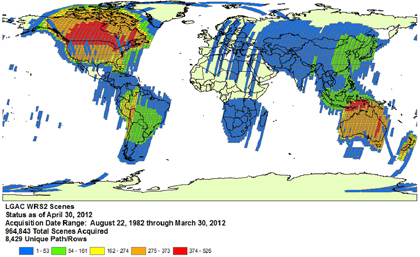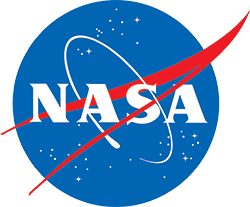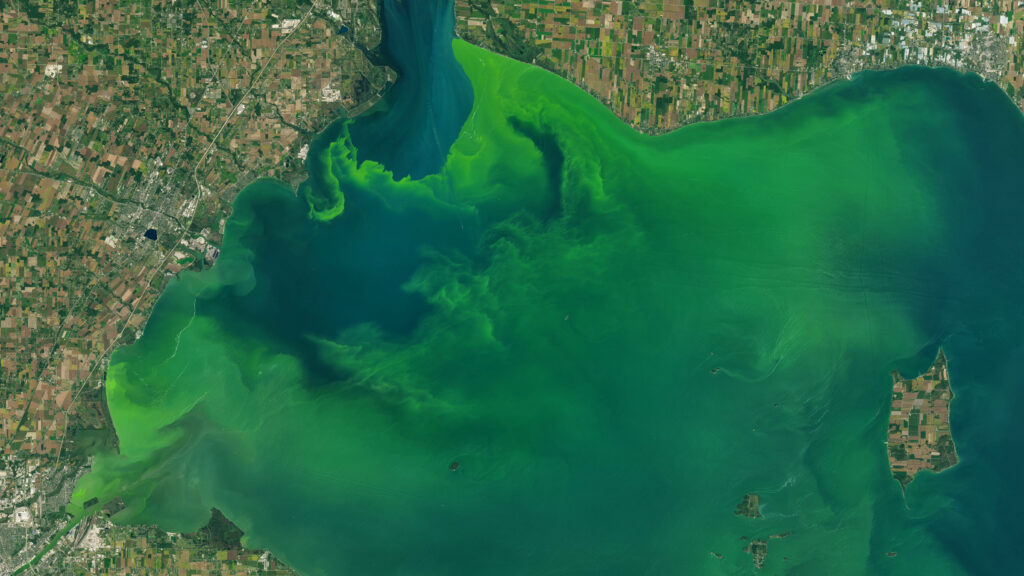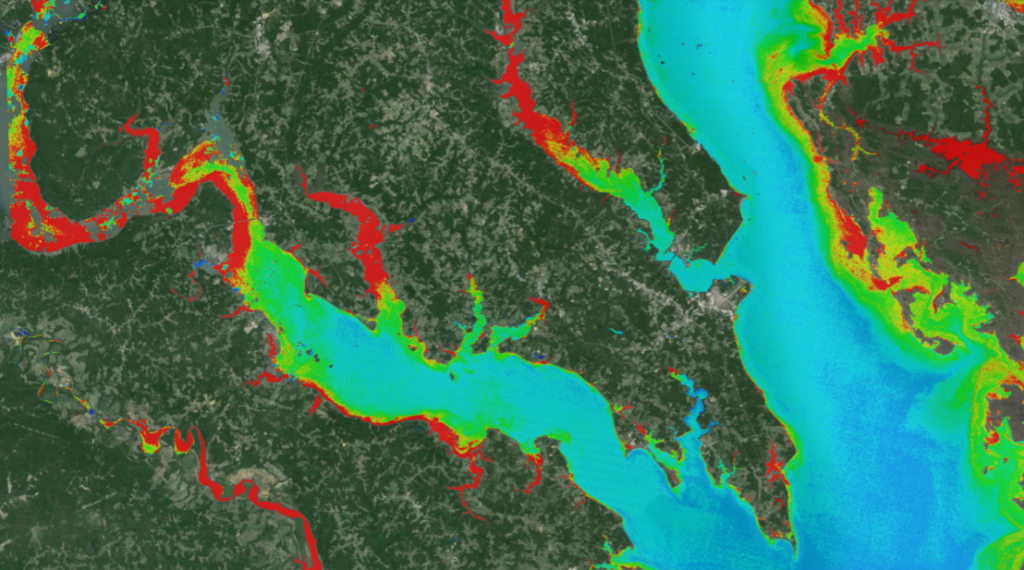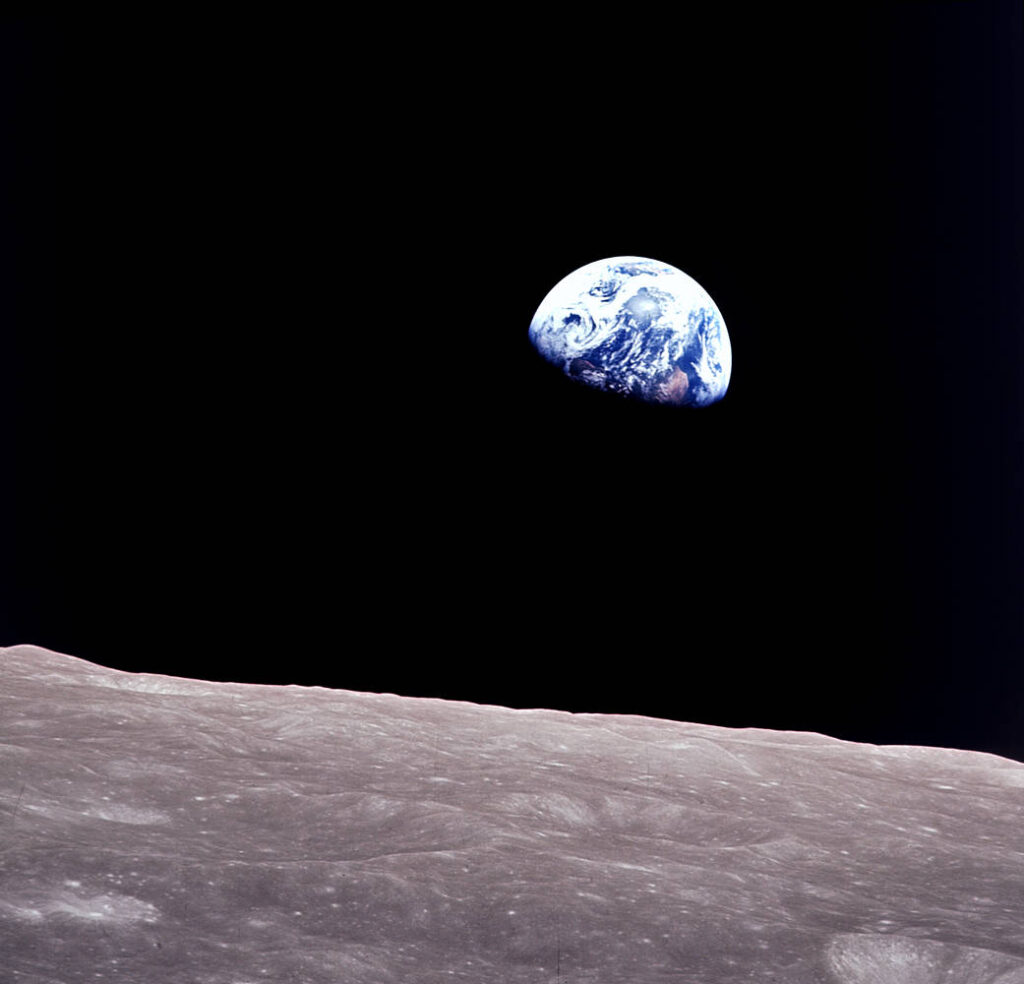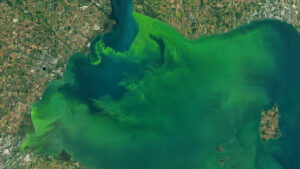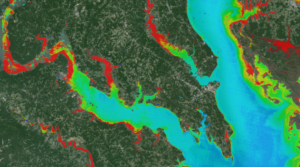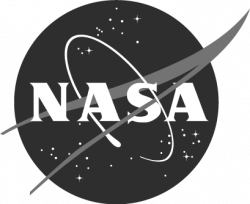Source: USGS Landsat Project
The Landsat Global Archive Consolidation (LGAC) effort started in 2010, with a goal to consolidate the Landsat archives of all stations worldwide and make all Landsat scenes available to users.
Bringing Landsat data from many collection stations worldwide to one archive includes several challenges:
- Various data formats and processing methods
Unknown data formats and processing methods (stations no longer active) - Media storage age and conditions
- Various or obsolete technologies used to ingest data
- While every technology asset available will be explored, some data may be irrecoverable.
This effort to systematically acquire, reconcile, and ingest all recoverable foreign data is estimated to last up to six years. As data are successfully ingested, the Landsat scenes will become immediately available for download at no charge from EarthExplorer or GloVis.
